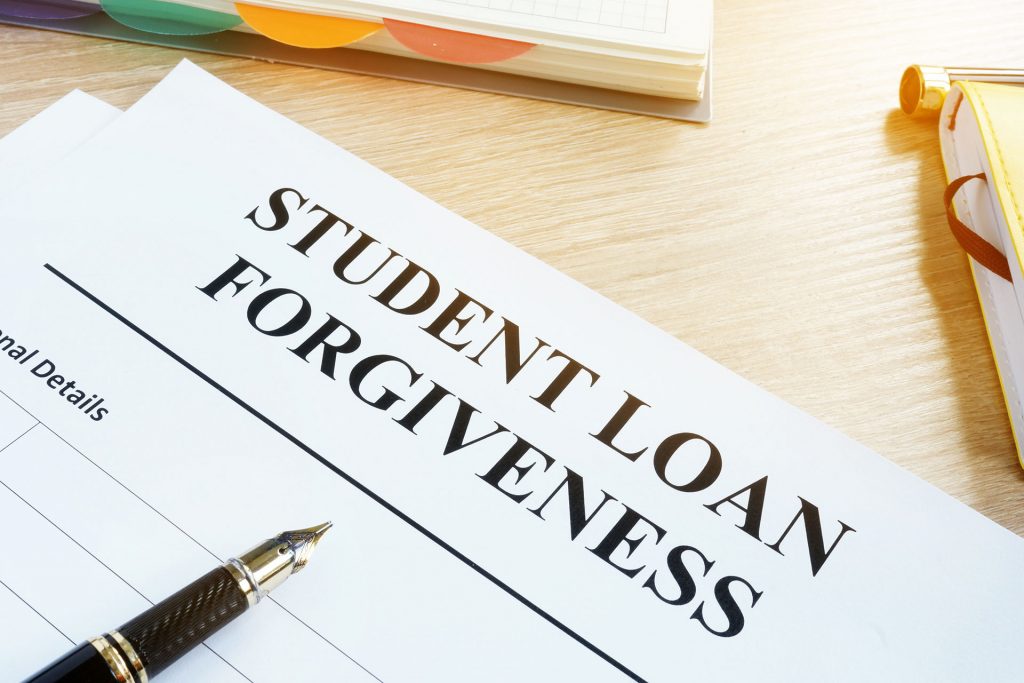
Two weeks ago, we wrote about how some graduates lost their eligibility for the Department of Education’s Public Service Loan Forgiveness (PSLF) program. The Education Department claimed these graduates did not work for employers that qualified for PSLF. According to the Education Department, PSLF eligibility depends on your employer, not your job. To qualify for PSLF, you must work full-time for one of the following employers:
- Government organizations at the federal, state, local or tribal levels.
- Not-for-profit organizations that are tax-exempt under 501(c)(3) of the IRS code.
- Some not-for-profit organizations that provide legal, public health, education or law enforcement services. This can include public service for individuals with disabilities or the elderly.
You must have Direct Loans to qualify for PSLF. However, you can consolidate Federal Family Education Loans (FFEL) or Perkins Loans into a Direct Consolidation Loan to qualify for PSLF. In addition, you must also be under a qualified student loan repayment program, and must make 120 months of on-time payments (no more than 15 days past the due date). Qualified repayment plans include REPAYE, PAYE, IBR, ICR and the 10-year standard repayment.
The Education Department will deny PSLF forgiveness to graduates who do not meet these requirements.
How to Show Proof of PSLF Eligibility Annually
The Education Department recommends filling out the PSLF employment certification form every year. After filling out the form, make a copy for your records and send another to your loan servicer. This makes it easier for you to show that you were working in a qualified public service job when it comes time to seek loan forgiveness. Your servicer will keep records of these certification forms each year they are submitted. If for any reason your eligibility changes, you will be notified by your loan servicer.
The Kansas City bankruptcy attorneys at The Sader Law Firm can help struggling student loan borrowers find solutions for managing higher education debts.
 Book an
Book an Email
Email Directions
Directions








2 Responses to Why Is Eligibility for the Public Service Loan Forgiveness Program Denied?